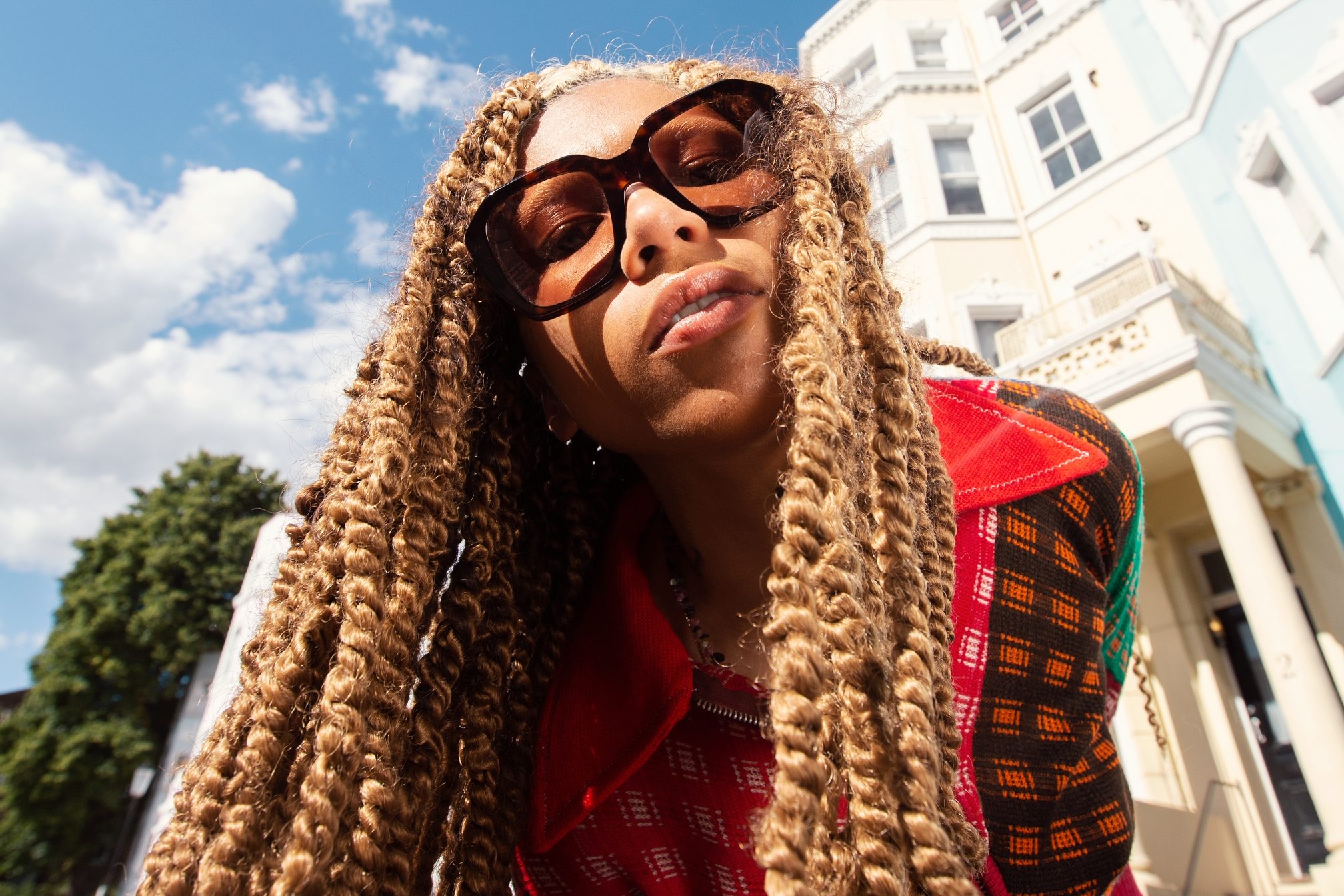 Features
Features
Inexhaustible creativity: Lava La Rue is evolving their ideal artistic vision
Gemma Samways speaks to Lava La Rue about the influence of West London, subverting the music industry's hypercapitalism and making space for their own fiercely independent vision
It’s been three years since the streets of West London last throbbed with the cacophony of competing soundsystems and Mas Bands. With social distancing mandatory, Notting Hill Carnival was forced to move online in 2020 after being cancelled for the first time ever, and then replaced by a series of smaller, alternative events in 2021. And though millions of revellers worldwide mourned the loss of Europe’s biggest street party, nobody has felt its physical absence more keenly than locals.
Born and raised in Ladbroke Grove, Lava La Rue, who uses they/them pronouns, has been attending Carnival “ever since I was in my mum’s belly.” As a child, they affectionately dubbed the event “Black Christmas”, it being the one time of year their extended family converged on London.
“All of my family would have some involvement,” the 24-year-old, British-Jamaican musician and visual artist fondly recalls over Zoom, taking a break from mood boarding the Carnival-inspired shoot accompanying this feature. “Like, my auntie Esther does face painting, and my mum and her husband would sell jello shots from a stall in front of our home. Carnival is responsible for some of my earliest memories. So I'm definitely intrigued to see what the energy’s gonna be after the pandemic.”
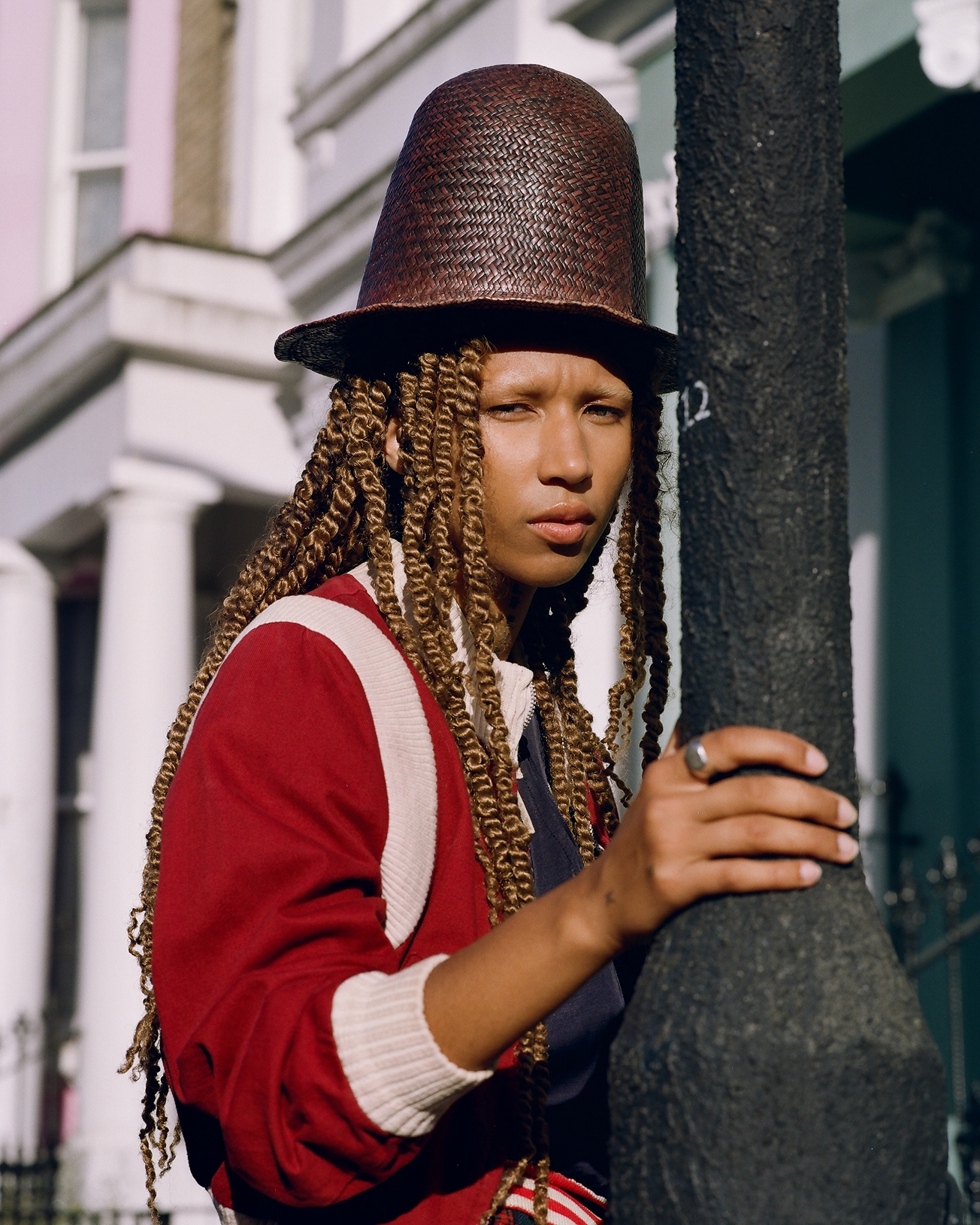
Few young artists are as steeped in their surroundings as Lava. Born to ravers who met at Ministry Of Sound in the late '90s, a lot of Lava’s early childhood was spent with their parents at squat raves in remote pockets of London, where they’d listen to jungle and psytrance. Meanwhile, Lava’s home life was soundtracked by the lovers rock and rocksteady so beloved by their maternal grandma – and main caregiver – as well as gospel music and soul singers like Luther Vandross and Marvin Gaye. At school, Gorillaz were Lava’s first love, then Britpop and indie got added to the mix, leading to them forming a band inspired by The Clash and Ian Dury and The Blockheads at the age of 13.
Read this next: Why Gospel music deserves more support and investment
“The Clash were very much a product of Notting Hill in the '70s and late '60s,” explains Lava, breezily joining the dots. “Back then, Caribbean migrants started collaborating with the white working class locals who lived in the same blocks, and they created ska punk and those variants of West London punk. And that paved the way for my generation – who are the grandkids of those creators – who grew up gigging around Portobello Road.”

It’s this band mentality that Lava’s finally returned to with their third EP, ‘Hi-Fidelity’. Released in July, it follows the dreamy R&B and psych-rap of 2021’s ‘Butter-Fly’ and the soulful, boom-bap hip hop stylings of 2018’s ‘Letra’, as well as the woozy sketches on 2017-mixtape ‘Lavaland Part 1’ and the 2019 follow-up ‘Stitches’. Exploring queer relationships and their own sense of mortality via a blissed-out bricolage of psychedelic-rock, funk, indie, rap and R&B, the five-track collection was created in London and L.A. with regular collaborators Dan Holloway (who's worked with Dora Jar), Courage (who's collaborated with Ray Blk and Stormzy) and Foster The People's Isom Innis (whose songwriting and production credits include Kimbra and Azealia Banks).
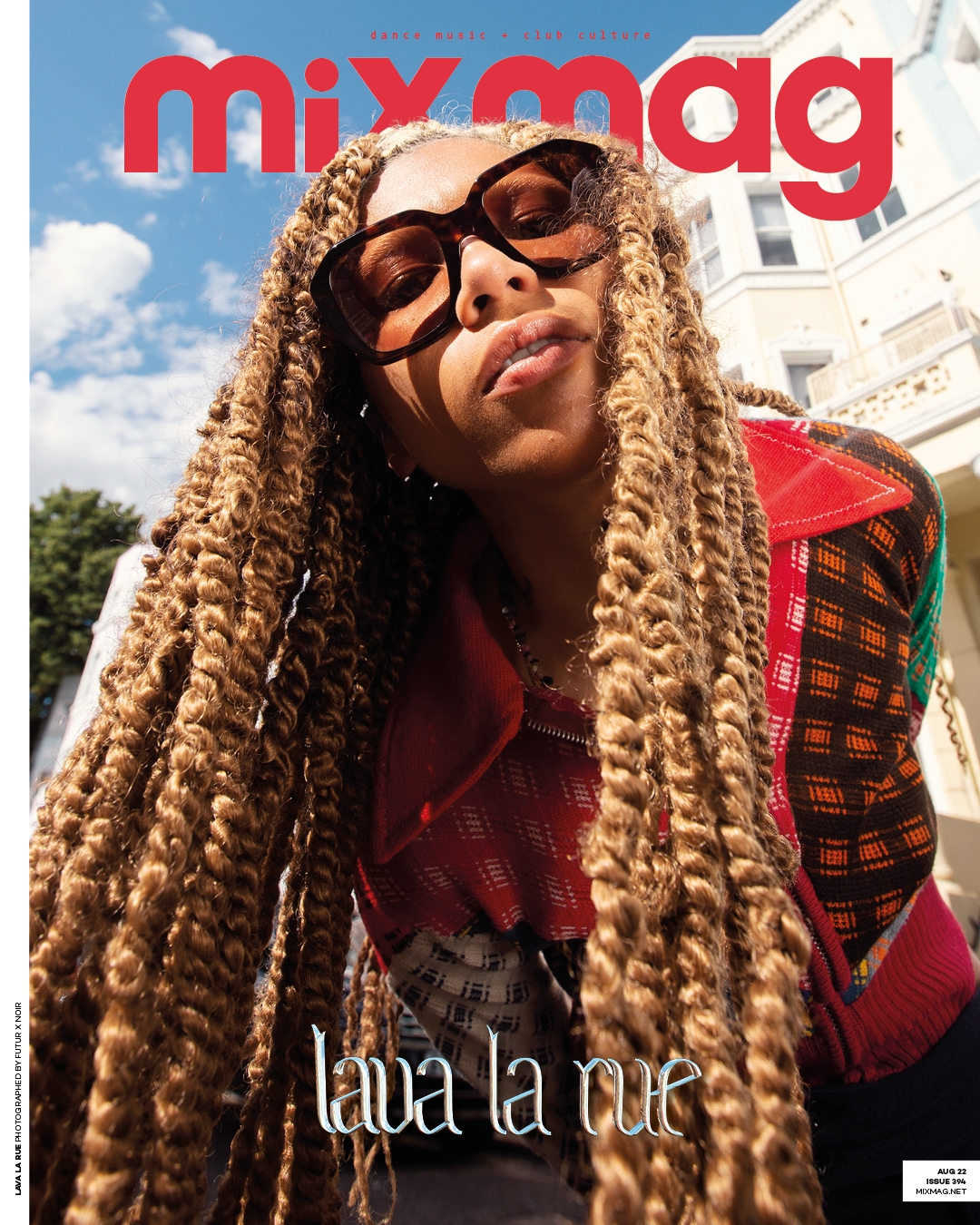
Lava sums up the EP’s deliciously sun-warped sound as “a combination of where I first started at 12/13 with influences from stuff I’ve been listening to lately.” Alongside their enduring musical hero Prince, these include Melody’s Echo Chamber, Djo and Japanese singer-songwriter and city pop pioneer Hiroshi Sato, who Lava discovered during a brief spell living in Tokyo pre-‘Letra’.
Read this next: How Notting Hill Carnival brought its joyful spirit to Glastonbury's Block9
In a first for Lava, ‘Hi-Fidelity’ was written with live performance in mind, and listening to ‘Motel’’s distorted guitar solo and ‘Don’t Come Back’’s hypnotic bass groove you can clearly envisage audiences going off. Following two triumphant sets at Glastonbury, they’re now gearing up to unveil the full live experience at Heaven on November 16. “It feels so different to any Lava show before,” they say cryptically of their set-up. “I can't wait to make it bigger and more amazing and maybe more theatrical.”
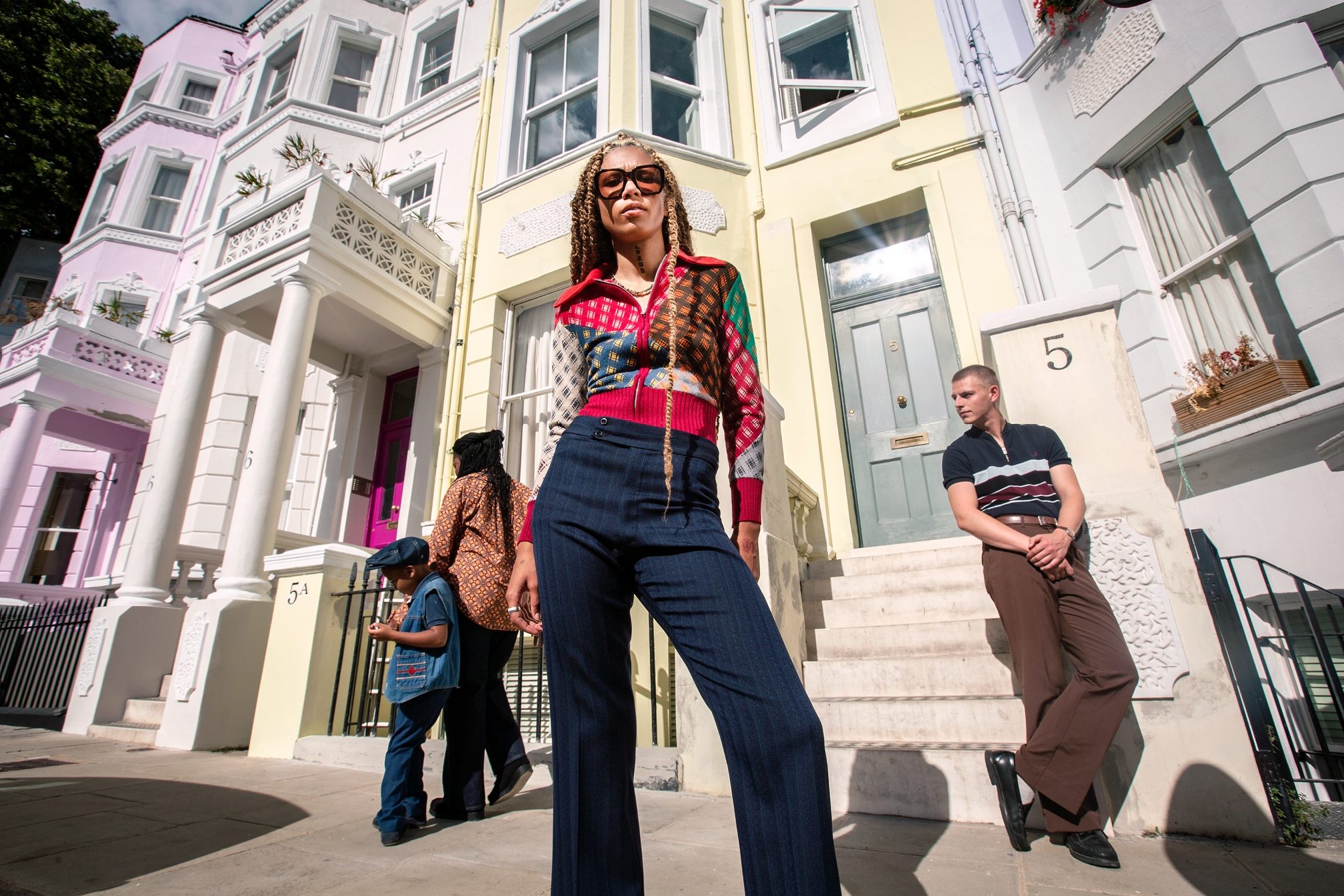
As is implicit in its title, ‘Hi-Fidelity’ is a markedly more polished proposition than its predecessors, partially thanks to it being the first project almost entirely recorded in a studio. And though rightly being billed by their team as the sound of Lava levelling up yet again, today Lava denies ever having felt hampered by their DIY set-up on previous projects.
“It's like when you get your first car: you could feel pretty bummed out that it's like a shitty, third-hand car that's breaking down all the time. But instead you're just really excited to be able to drive. I’ve always just been so happy to make music. But I will say it is nice having more resources now, and being able to get specific synth sounds or whatever.”
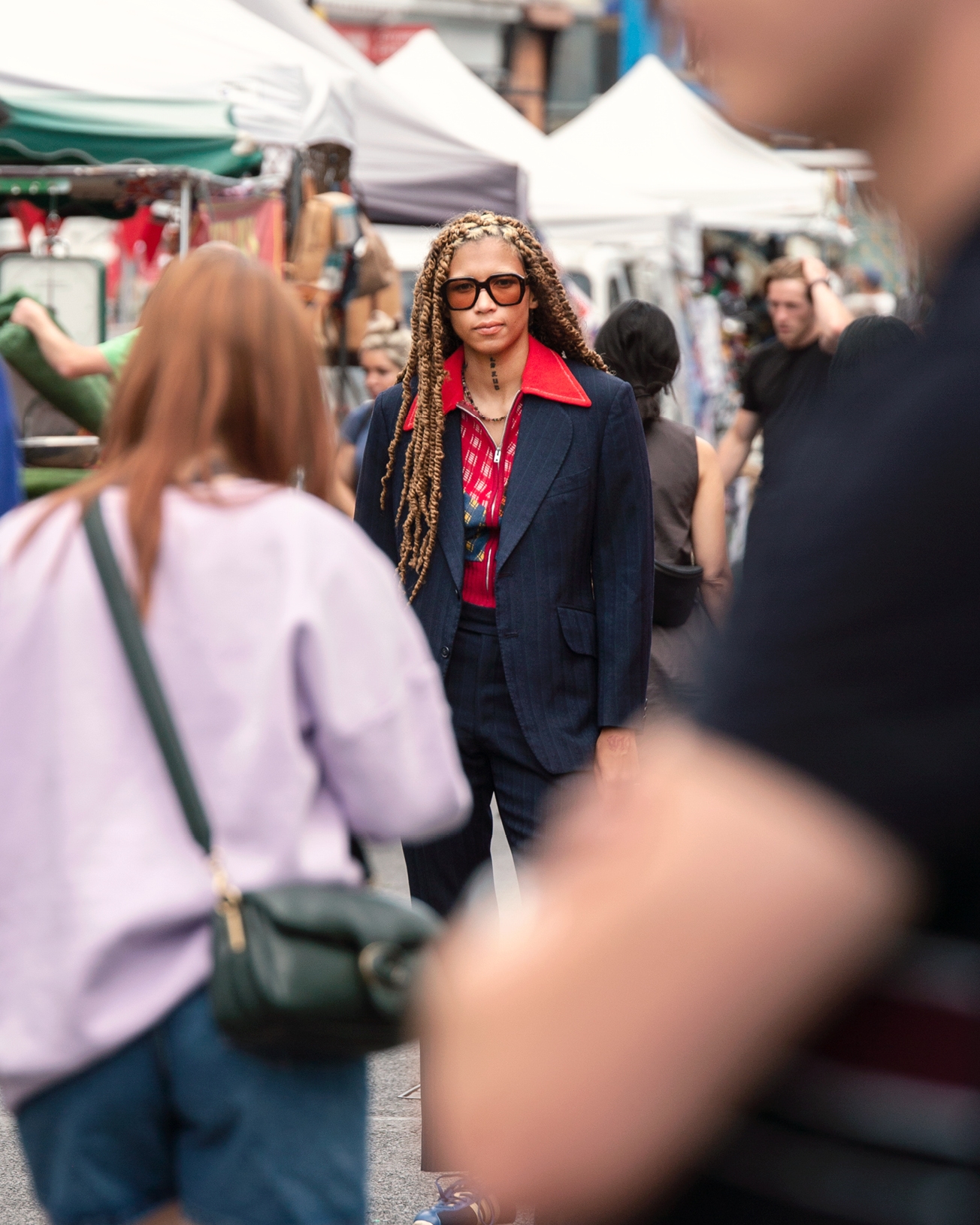
The cosmic funk of the title track sees Lava reunited with Biig Piig, their former college friend and continued co-conspirator in NiNE8, a creative collective also featuring Mac Wetha, Nayana IZ and Bone Slim that was originally formed during cyphers at house parties. As successful solo careers continue to push the group’s members in very different directions – both stylistically and geographically – it’s friendship that ultimately pulls them back into each other's orbit.

“NiNE8 are my chosen family,” Lava nods. “And, yeah, we all come from different backgrounds but we've all had similar experiences and have a similar view of what we want in life and out of being musicians. Having that support is super vital, especially in this creative world where it’s easy not to know who your real friends are.
“Like, with collaborators it can be like, ‘Are we making a song together because this is a good look? Do you actually care about me?’ All of these kinds of things can make you a bit lost or maybe even jaded about the industry. But I think when you have the right people around you, you don't really need to worry about that.”
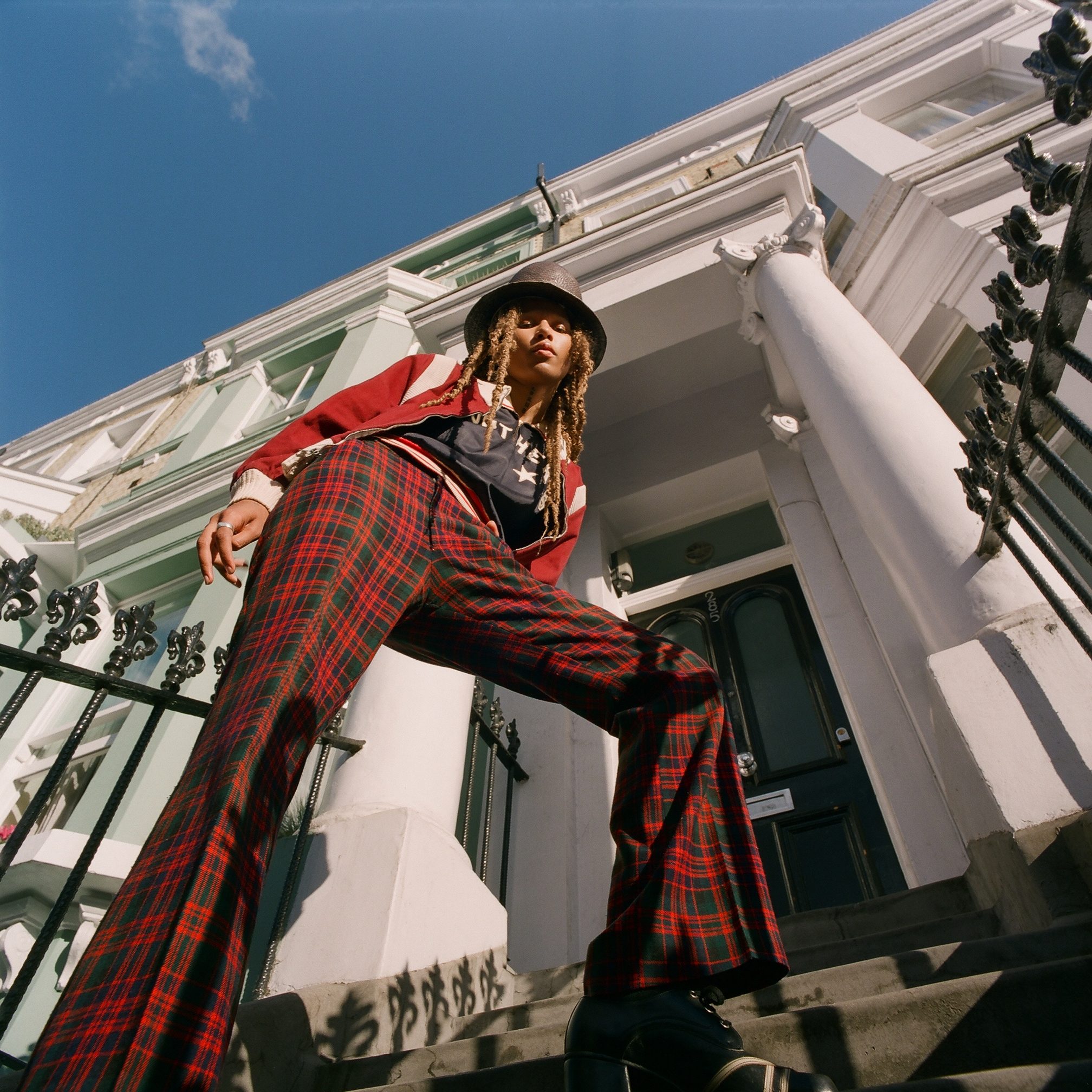
This mutual respect is reflected in the collective’s egalitarian internal dealings, from their democratic decision-making process to their resolution to split all profits equally. If it all feels weirdly at odds with the hypercapitalism of the music industry – particularly the shady “change a word, take a third” opportunism rife in pop songwriting – Lava insists the group’s motives are a no-brainer.
Read this next: The exploitation of Black women vocalists in house music
“Not splitting everything equally would just be weird. Like, maybe [it might make sense] in some circumstances where there was literally only two of us in a room when the song was made. But even then, you wouldn't create that specific sound without the recipe of all of our history and everything we've ever done together, building us up to that point. We're all very different musically, and that's a beautiful thing because it means when we come together, we create something we simply wouldn't be able to make by ourselves. Realistically, we are who we are as artists because we met as teenagers.”
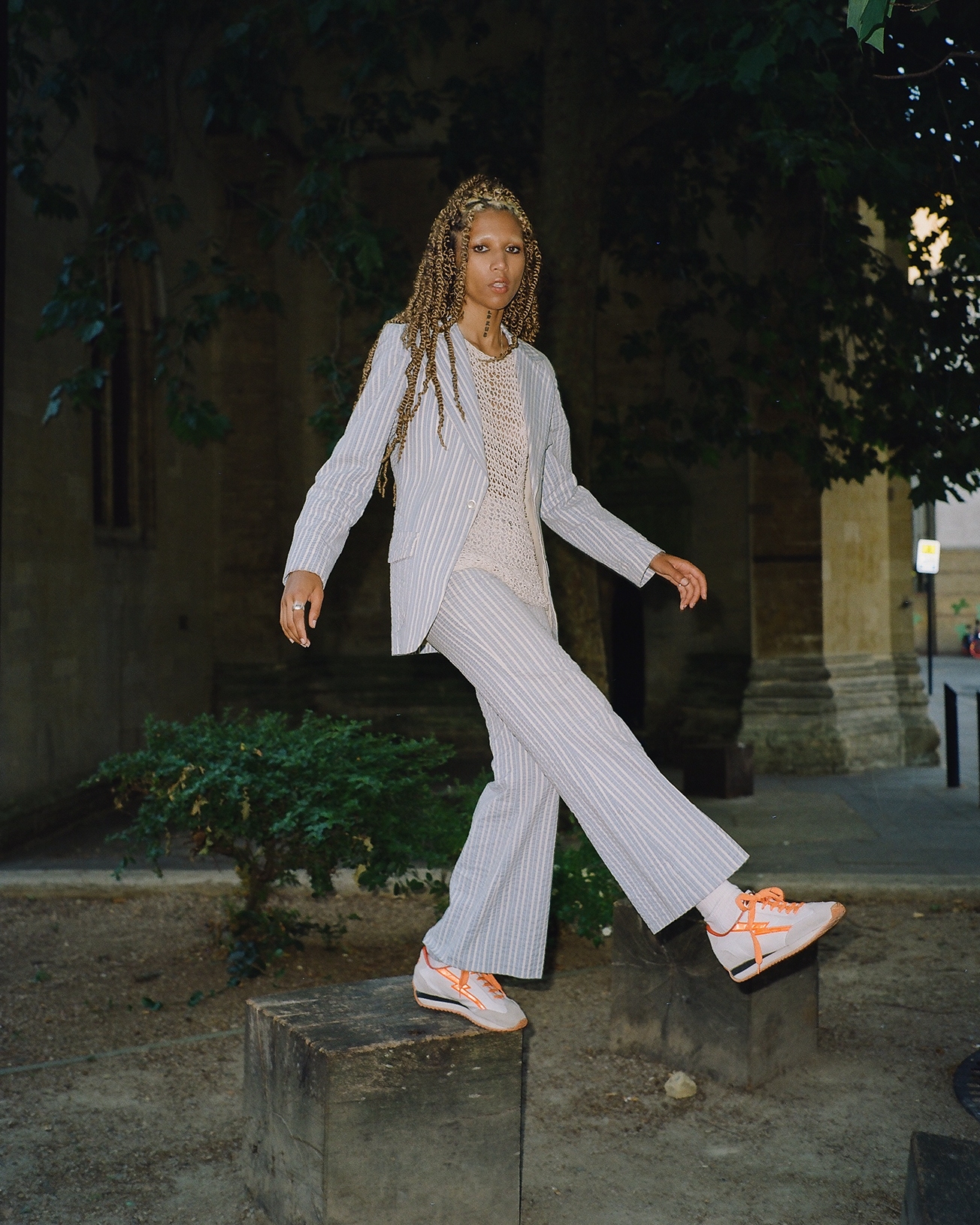
Though deliberately vague on details, Lava confirms there’s more music due from the group this year, as well as a dizzyingly eclectic, “multi-genre, multi-room” fabric takeover on September 30. Billed ‘NiNE8 Fest’, the line-up features fellow collectives Brighter Days Family (Nia Archives, IZCO), Elevation Meditation (Louis Culture, p-rallel) and Buntai (Akira), as well as POC-fronted post-punk outfits English Teacher and Malady, who Lava excitedly bills as bands who are “helping the alternative scene become a lot less white-washed.” As an artist who has often been erroneously pigeonholed on account of their race, Lava knows the importance of representation first-hand.
Read this next: Why greater representation really is making dance music a better place
“I can understand that where I started in music was definitely more inspired by alternative R&B and '90s hip hop, but the music I have been releasing – and will release next year – is a lot more centred around psychedelic rock and indie. And if you were to take away my aesthetic from the music, people might actually think, ‘Oh, actually, this sounds a lot closer to Tame Impala than R&B.’ But because I’m a Jamaican with tattoos, people are instantly like, ‘Oh maybe it's trip hop?’ Or they put it in "urban" categories which don’t even exist. And that's a real shame because it essentially gatekeeps a lot of artists.”

Speaking passionately now, Lava continues: “Like, it's a real shame that the MOBO Awards don't have a rock category. In fact, Nia Archives pointed out that there isn’t even a dance category in the MOBOs, which is insane. Because with both of these genres, if you look at their roots they were literally invented by Black people. With rock ‘n’ roll it was Chuck Berry and Jimi Hendrix. And I mean, I'm talking to Mixmag here, so we don't even need to get into dance music’s Black origins. It's crazy to me that people of colour don't even get a space to be awarded for succeeding in these genres.
Read this next: The MOBO Awards need dance and electronic music categories
“And I'm not trying to come for the MOBOs. I just think in a lot of awards ceremonies, artists get put into the R&B category when maybe it's actually just a pop album. That's definitely something that I hope to see change in the next couple of years.”
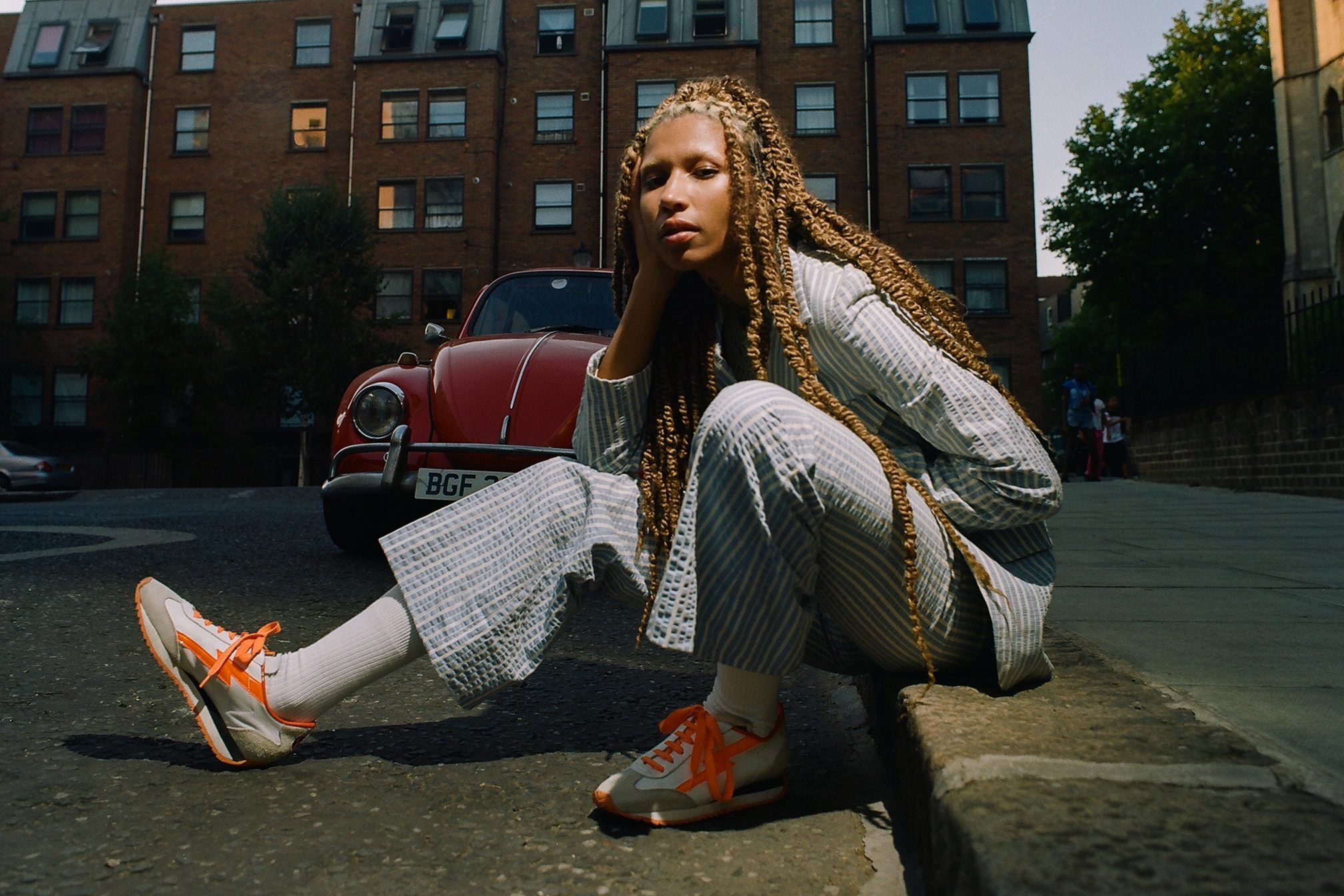
Also scheduled for some point in the next few years is Lava’s long-awaited debut album. When probed for details they suddenly become uncharacteristically tight-lipped, but concede with a grin, “I think it's definitely time for me to start putting together a cohesive, long-form piece of work. I'm ready for that world.”
As conversation turns to the future, it’s worth noting that ‘Hi-Fidelity’ was billed by Lava as “the bridge between the Lava that debuted, the one everyone knows, and the person I’m becoming.” If we know present-day Lava to be a fiercely independent, multi-hyphenate talent with a seemingly inexhaustible appetite for creativity, just who will future Lava be?
“I guess I just want to be the artist that I wish I had when I was 14 or 15. Growing up, I didn't see a lot of people who looked like me, or who loved like me in music. Had I seen a Caribbean, queer person holding a guitar, not caring what people think, that would have been really important to me, I think. And those artists do exist now – they’re out there – so we just need to see more of it. I would love to be that person for someone else.”
Lava La Rue's 'Hi-Fidelity' EP is out now, get tickets to their London headline show here
Gemma Samways is a freelance writer, follow her on Twitter


